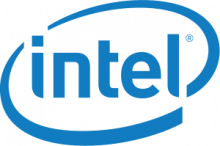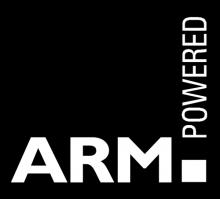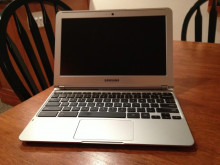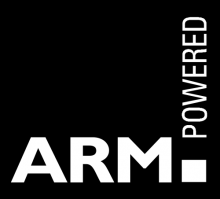AMD reveals its first ARM processor: 8-core Opteron A1100
AMD announced plans to build ARM server CPUs back in 2012. Today the company took a big step towards making those chips a reality, announcing that an 8-core ARM System-on-Chip would begin sampling in March.











































































